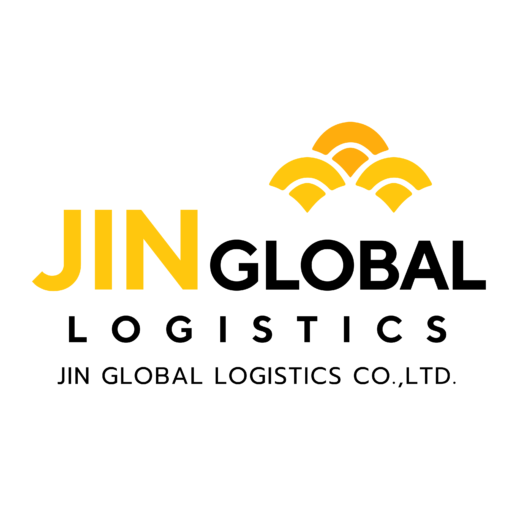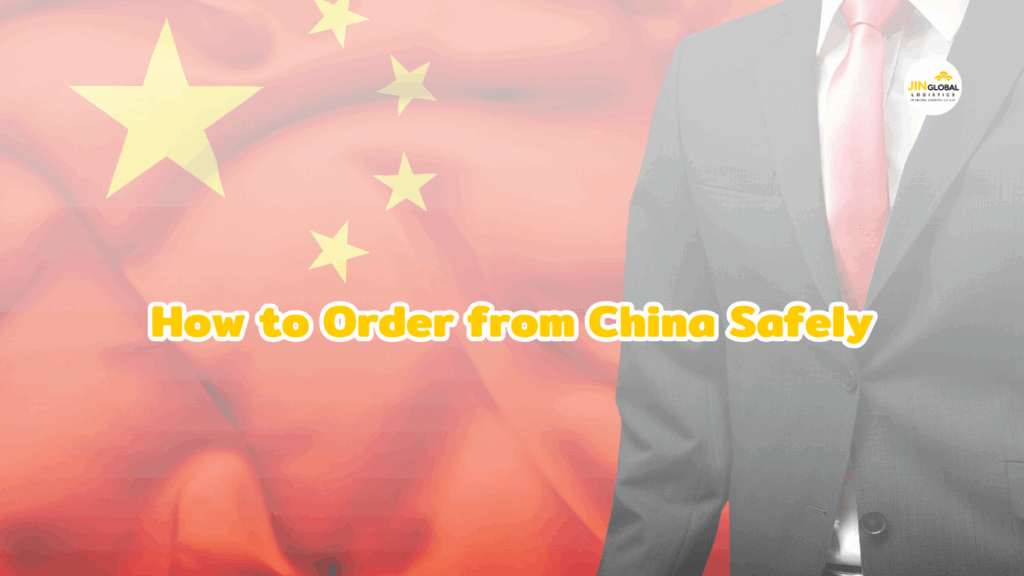In recent years, importing goods from China has become a popular option for businesses of all sizes. Platforms like Alibaba, 1688, and Made-in-China have made it easier to source products at competitive prices. However, while importing may seem simple, ensuring safety, quality, and reliability requires strategic planning and due diligence. This guide will walk you through how to order from China safely—whether you’re a new entrepreneur or a seasoned importer.
Benefits of Buying from China
China offers competitive pricing, wide product variety, and high scalability for business growth. Manufacturers in China can produce everything from electronics to textiles at large volumes with low unit costs. These benefits make Chinese suppliers attractive to global importers. However, to take full advantage of these opportunities, importers must understand how to navigate the process safely and avoid common risks.
In addition, many Chinese factories provide OEM (Original Equipment Manufacturing) and private label options, allowing businesses to build their own brand while saving on production costs. This is particularly beneficial for e-commerce sellers on platforms like Amazon, Shopee, and Lazada.
Common Risks When Ordering from China
Importing from China is not without its challenges. Some of the most common risks include:
- Scams or fake suppliers
- Poor product quality
- Delays in manufacturing or shipping
- Miscommunication due to language or cultural barriers
- Hidden costs or unexpected taxes
These issues can be minimized by proper planning and working with verified partners. It’s important to always perform background checks and start with small test orders before scaling up.

Choosing a Reliable Supplier
Selecting a trustworthy supplier is the foundation of safe importing. Start by:
- Checking supplier ratings and reviews on platforms like Alibaba
- Asking for business licenses or certifications
- Looking for “Gold Supplier” or “Verified Supplier” status
- Starting with small trial orders
- Visiting the factory or hiring third-party audits (if budget allows)
It’s also helpful to assess how the supplier communicates. Fast, clear, and consistent communication is often a good indicator of reliability and professionalism.
Verifying Product Quality
Before committing to a bulk order, ensure the product meets your quality standards. You can:
- Request samples for testing and review
- Ask detailed questions about materials, tolerances, and packaging
- Check for certifications like CE, FCC, or RoHS (for electronics or regulated goods)
- Ask for photos or videos showing the product during production
- Hire a third-party inspection company to check the goods before shipping
There are different types of inspections, such as Pre-Production Inspection (PPI), During Production Inspection (DPI), and Pre-Shipment Inspection (PSI). Investing in inspection reduces risks of product returns, customer complaints, or even legal liabilities.

Understanding Trade Terms (EXW, FOB, CIF, DDP)
Trade terms, known as Incoterms, define who is responsible for each stage of the shipping process. Understanding them is crucial for managing costs and responsibilities.
- EXW (Ex Works): You bear all shipping responsibility from the factory onward.
- FOB (Free On Board): The supplier delivers to the port and covers loading costs.
- CIF (Cost, Insurance, Freight): The supplier handles shipping and insurance to your destination port.
- DDP (Delivered Duty Paid): The supplier handles everything, including delivery, taxes, and customs.
For new importers, DDP may seem easiest, but it is often more expensive. As you gain experience, using FOB or CIF with your own freight forwarder may save costs and give you more control.
Using Secure Payment Methods
To reduce financial risk, avoid using unsecured or informal payment channels. Recommended methods include:
- Alibaba Trade Assurance, which holds the payment until you confirm satisfaction
- Escrow payments, where a third party releases funds only when conditions are met
- PayPal, best for small or sample orders (note: higher fees)
- T/T (Telegraphic Transfer) to verified bank accounts
Avoid full payment upfront. A safer structure is 30% deposit and 70% after inspection or before shipping. For larger transactions, letters of credit (L/C) are also an option for added security.

Importance of Contracts and Written Agreements
Verbal agreements are risky and often lead to misunderstandings. Always confirm details in writing, covering:
- Detailed product specifications (color, size, materials)
- Packaging and labeling requirements
- Order quantity and lead time
- Payment schedule and penalties for delay
- Quality control and inspection terms
Where possible, have contracts signed in both English and Chinese. You can even work with local trade lawyers to draft enforceable documents under Chinese law.
Shipping and Customs Considerations
Choosing the right shipping method depends on your timeline and budget:
- Air freight is fast (3–7 days) but expensive—ideal for small, urgent items
- Sea freight is slower (15–30 days) but more economical for large shipments
- Rail freight (to Europe or Central Asia) offers a middle ground
You also need to prepare customs documents such as:
- Commercial Invoice
- Packing List
- Bill of Lading
- Certificate of Origin or Form E (for tax exemption under ASEAN-China FTA)
- HS Code for correct classification
Improper documents can lead to customs delays, fines, or rejected shipments.

Working with Freight Forwarders and Inspection Services
A good freight forwarder handles your shipping logistics and ensures compliance with international regulations. Their services may include:
- Cargo space booking
- Export/import documentation
- Customs clearance coordination
- Warehousing and consolidation
- Last-mile delivery
Meanwhile, third-party inspection agencies (like SGS, TUV, or QIMA) can physically check the product, packaging, labels, and even loading conditions before your goods leave China.
This team effort ensures transparency and reduces errors or losses in the process.
Avoiding Scams and Red Flags
To stay safe, watch for common scam signs:
- A supplier who avoids video calls or factory visits
- Prices that are drastically lower than competitors
- Requests to pay via Western Union or personal bank accounts
- Vague answers or frequent excuses
Always verify business registration, ask for trade references, and use verified platforms. If possible, work with sourcing agents or freight partners who can physically visit suppliers.

Conclusion
Ordering from China can transform your business—if done correctly. Start by verifying suppliers, understanding trade terms, using safe payment methods, and performing inspections. Work with experienced freight forwarders and stay up-to-date on customs laws and documentation.
Safe importing is not about luck—it’s about preparation, planning, and finding the right partners. With these practices, you’ll reduce risks, protect your investment, and grow your business sustainably in the global market.





